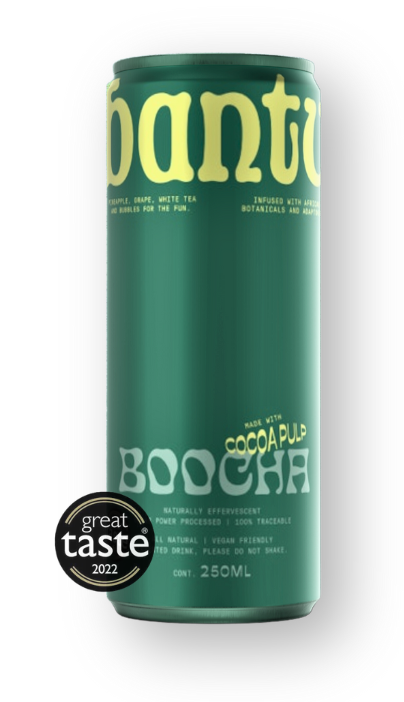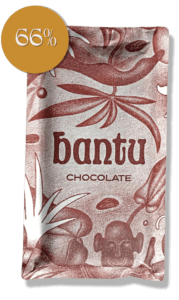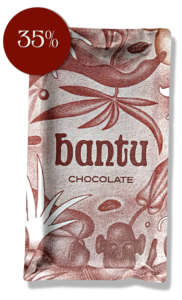
Is Chocolate Spread Healthy? Ingredients, Benefits & More
October 4, 2023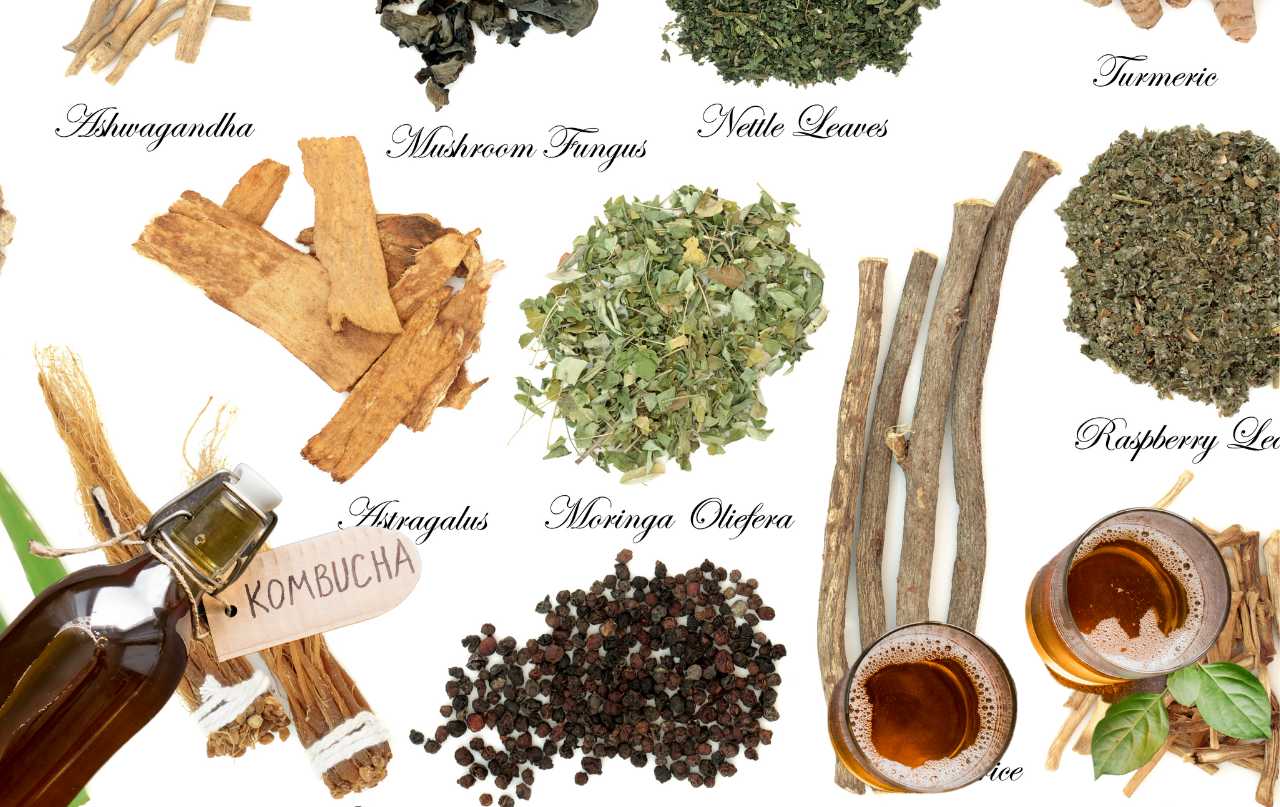
Synergizing Adaptogens and Fermented Drinks for Healthier Living
February 21, 2024Easter Chocolates
Why Choosing Ethical Brands Matters
Easter is around the corner again! As families gather for quality time, as feelings of joy and hope flood the air, candy aisles in supermarkets, shops, and online stores overflow with mouthwatering offers of this season’s one delight: easter chocolates.
For the minority of chocolate lovers, the choice of Easter chocolate is crystal clear: ethical, sustainable chocolates ONLY. No cruelty-sponsored chocolates. No eco-damaging chocolate products.
But for most consumers, is the choice that black and white? Or is chocolate simply chocolate, a mere yummy treat to enjoy without thought to ingredient sourcing and production methods?
No, there’s chocolate, and there’s chocolate.
This article shows you how choosing ethical chocolates for your Easter treat not only gives you a sweet indulgence but also greatly impacts ethical brands and the farmers they cooperate with. We also uncover some of the hidden dark realities of the chocolate industry.
Hopefully, you will choose to enjoy sustainable chocolates this Easter. Why? Because the sweetness of the holiday should go beyond our tastebuds.
Why Ethical Chocolate Matters During Easter
Whether you’re a Christian, non-Christian, or non-religious Easter celebrant, you can’t ignore the spirit behind this holiday.
For the Christian, Easter signifies new life, new beginnings when Christ conquered death and the grave. For the non-Christian and non-religious, Easter holiday means a long weekend to take your mind and body off work and relax, maybe with family and loved ones. Like Christmas, it is a season to bond and create good memories.
That’s why, when you decide to include chocolates in your Easter celebrations, it should go without saying that the type of chocolate you choose should align with the values around the holiday. You don’t want to be celebrating new life or creating great memories with loved ones while your wallet is patronizing businesses that thrive on the sweat and blood of poorly paid cocoa producers and farm workers.
The chocolate industry is notorious for slavery and right abuses in cocoa production, horribly low incomes for cocoa farmers and producers, and farming practices that damage our planet through deforestation and poor waste management.
So you can get the real gist of the situation, consider these alarming stats:
· The average cocoa farmer earns only about 6% of the final value of a bar of chocolate (source: Fairtrade Foundation). In more specific figures, the typical African cocoa farmer (who supply 65% of the world’s cocoa beans) earns a measly $1 per day despite the hard conditions in which they work.
· When cocoa farmers earn so low, it’s bad news for the environment and child labour as bean producers are forced to look for ways to increase their income. Going by The WorldCounts stats for 2024, an estimated 1.8 million children still work in cocoa farms, some as trafficked slaves, putting in as much as 80-100 hours per week.
· In Latin America, Southeast Asia, and West Africa, where the world’s cocoa beans come, production is a major driver of deforestation and loss of wildlife habitat.
These stats make one thing clear: chocolate is not just chocolate. Whose chocolate you buy makes you an accomplice or a challenger to this dark side of the chocolate industry.
Ethical chocolate brands strive to bring the world’s favorite treat to the market through practices that benefit every stakeholder: the planet, the cocoa farmer, the chocolate maker, and the consumer.
By buying only ethical chocolates this Easter, you contribute to positive change with far-reaching effects.
Ethical Chocolate Companies Truly Elevate the Easter Holiday Spirit
What’s it that makes chocolate ethical? What do ethical brands really do?
Here are some ways ethical chocolate makers ensure that chocolate is fair to all in the supply chain.
1. Using only Fair Trade cocoa beans or buying directly from farmers/cooperatives
This means ethical chocolate companies source their cocoa beans from fair trade certified sellers. Some brands, like Bantu Chocolate, farm their own cocoa.
With fair trade, farmers receive fair wages for their labour and are protected from exploitation.
However, you should know that Fair Trade as a label is not always enough to base your buying decision. Some truly ethical brands, especially the small ones, cannot afford the Fair Trade certification, and may be perceived as not sustainable.
What then should you do as a consumer seeking to contribute to positive change?
Know the brand you’re buying from! Investigate their claims of ethical, fair trade practices. That’s possible through brand stories, their behind-the-scenes, their processes.
2. Rewarding sustainable farming practices
The economic condition of the cocoa farm worker is not the only concern of the ethical chocolate brand. The welfare of the environment is also a major interest.
Ethical chocolate makers source their cocoa beans from producers who employ regenerative agriculture and agroforestry. These farming practices reduce deforestation, support biodiversity, and promote soil health.
3. Implementing eco-friendliness beyond farming practices
Environmental awareness in chocolate making goes beyond evidence of regenerative agriculture and agroforestry. It also includes cocoa waste management and eco-friendly packaging of the final product.
At Bantu Chocolate, we minimize cocoa production waste through an innovative drink, Boocha, a delicious blend of cacao pulp juice and kombucha enriched with nootropics. We use recyclable cans for Boocha, biodegradable packaging for our chocolate bars, and solar energy on our farm.
4. Supporting farmers and their communities
Companies committed to ethical practices often invest in the well-being of cocoa farmers and their communities. They may provide training and resources to improve farming practices, support education and health programs, and help develop local infrastructures, such as access to clean water.
5. Eliminating child labor
Children should be in school, not in cocoa farms with dangerous implements. This is possible if cocoa farmers are guaranteed a livable income from their activity. When farmers receive peanuts in a 100 plus billion-dollar industry, they must cut corners to reduce cost of production.
Ethical chocolate brands are not driven by profits. They ensure strict policies against child labor in cocoa farms by paying a livable income to cocoa farmers that adhere to those guidelines.
6. Ensuring transparency and traceability
Like us, many ethical chocolate brands are transparent about their supply chains, whether that supply chain is short (from farm to factory) or long (from farm to middleman to factory). Transparency allows you to know exactly whether the chocolate you’re about to munch is stained with cruelty or it’s a treat your mind can comfortable indulge.
True feel-good Easter chocolates is ethical
Whether you’re celebrating new life or merely enjoying a long weekend with or without loved ones, when you choose a chocolate treat, ethical chocolate is the way to make your enjoyment impactful. Purposeful Easter chocolates.
Intentionally choosing ethical chocolate for Easter adds purpose to your holiday celebration. You’re not just enjoying a holiday treat, you’re contributing to positive change for the environment, the farm worker, farming communities, and sustaining the brands that hold things altogether.
For a Delicious, Sustainable, and Ethical Easter, you can trust Bantu Chocolate
Our journey began with seeing the injustices in the cocoa-chocolate industry, the great gulf between the paltry income of the hardworking African cocoa farmer and the swollen wallets of the mega corporations who, unfortunately, own the lion share of the market.
We stepped in to make a positive contribution through ethical practices from the farm to the tastebuds.
· We farm our own cocoa in Cameroon and make ethical cocoa products here in London.
· We preserve our farm’s health and protect the environment through agroforestry and regenerative agriculture.
· Our workers receive a living wage that is 6 times above the commodity price and 3 times more than the fair trade price.
· We’re actively involved in our farming community.
· We use biodegradable packaging for our chocolate bars.
Learn more about Bantu Chocolate.
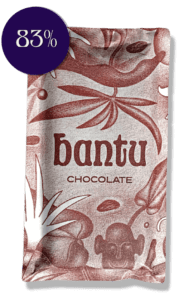
VIEW ENTIRE CATALOG OF OUR ETHICAL BARS
References
https://www.fairtrade.org.uk/farmers-and-workers/cocoa/
https://www.treehugger.com/west-african-cocoa-farmers-earn-dollar-day-5545730
https://www.theworldcounts.com/stories/child-labor-in-chocolate-industry
Chocolate Extinction: Fact vs. Fiction + What Chocolate Lovers Can Do
Chocolate ExtinctionFact vs. Fiction, What Consumers Can Do Share On Facebook Twitter Email Is the world really running out of chocolate? Not really. Currently the global […]
Corporate Chocolate Gifting Ideas to Appreciate Employees and Delight Clients
Corporate Chocolate GiftingHow to Appreciate Employees & Delight Clients Share On Facebook Twitter Email When it comes to corporate gifting, a one-gift-fits-all approach just doesn't cut […]
Cacao Supper Club at Home: Guide to Tasting Chocolate, Cacao Tea, and Pulp Juice
Cacao Supper Club at HomeGuide to Tasting Chocolate, Cacao Tea, and Pulp Juice Share On Facebook Twitter Email Imagine gathering around the table with a few […]
